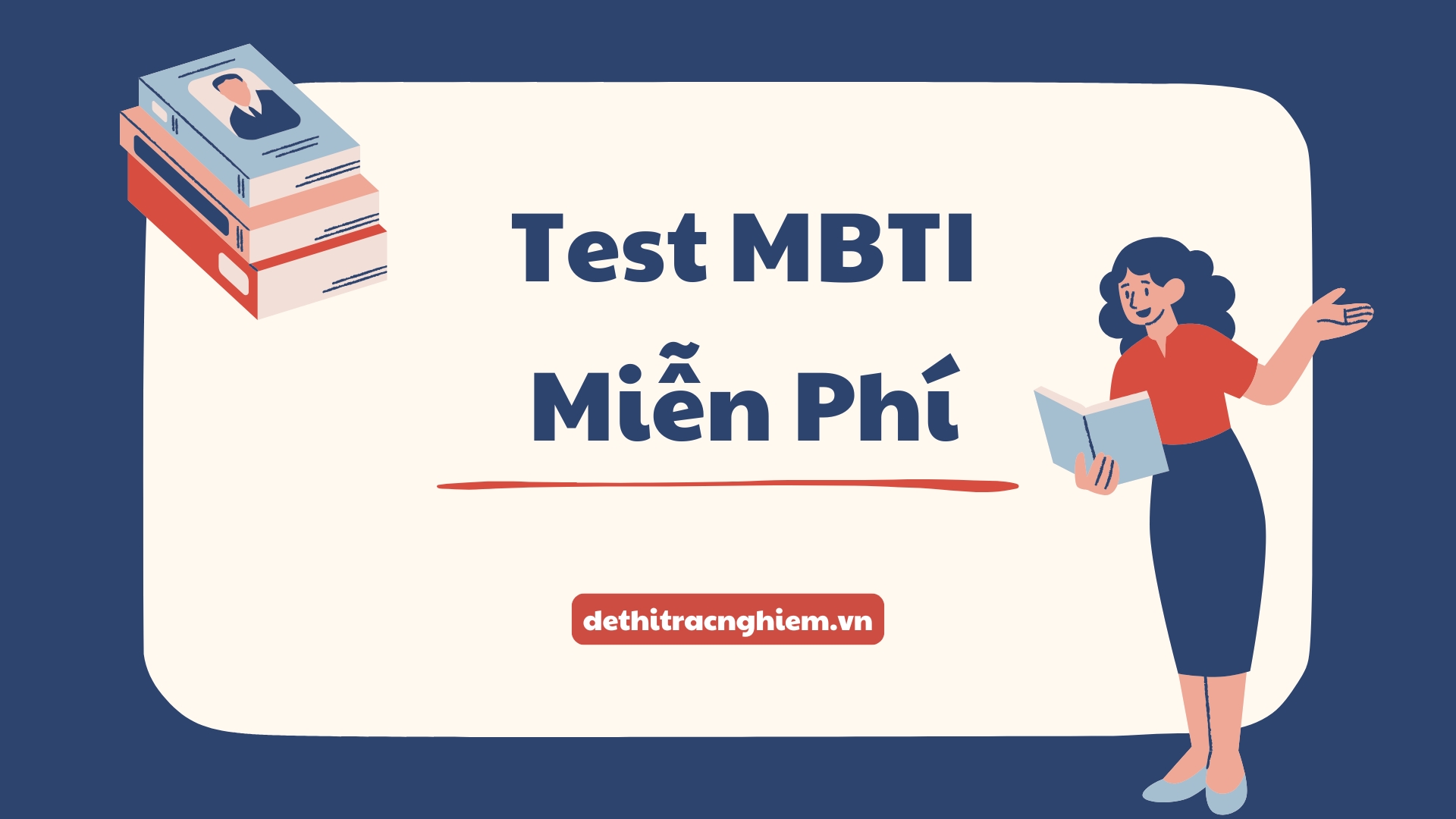Trắc nghiệm Tiếng Anh 10: Unit 9 Writing là một trong những đề thi thuộc Unit 9 – Protecting the Environment trong chương trình Tiếng Anh lớp 10. Phần viết trong unit này giúp học sinh rèn luyện kỹ năng trình bày quan điểm, đưa ra giải pháp và lập luận thuyết phục xoay quanh chủ đề bảo vệ môi trường – một chủ đề quan trọng và có ý nghĩa xã hội sâu sắc.
Trong bài Trắc nghiệm Tiếng Anh 10 Unit 9 Writing, học sinh thường được yêu cầu viết đoạn văn hoặc bài luận ngắn về các chủ đề như: nguyên nhân và hậu quả của ô nhiễm môi trường, các biện pháp để bảo vệ trái đất, hoặc vai trò của cá nhân và cộng đồng trong việc gìn giữ môi trường sống. Cấu trúc ngữ pháp trọng tâm cần nắm gồm:
- Câu điều kiện loại 1 và loại 2 để nói về tình huống và hậu quả môi trường,
- Câu bị động (Passive voice) để mô tả các hành động được thực hiện,
- Modals (should, must, can…) để đề xuất hoặc khuyến nghị,
- Liên từ logic như firstly, in addition, as a result, in conclusion để kết nối và tổ chức ý tưởng mạch lạc.
Ngoài ra, học sinh cần đảm bảo bố cục ba phần rõ ràng: mở bài, thân bài, kết luận, và sử dụng từ vựng phù hợp với chủ đề môi trường.
Hãy cùng Dethitracnghiem.vn cùng tìm hiểu về đề thi này và tham gia làm kiểm tra ngay lập tức!
Trắc nghiệm Tiếng Anh 10 Unit 9 Writing
Câu 1: Mark the letter A, B, C, or D to indicate the sentence that is closest in meaning to each of the first sentence: “What happens to what we throw away?” Many wonder.
A. Many wonder what happens to what we throw away.
B. Many wondered what happened to what we threw away.
C. Many wondered what has happened to what we threw away.
D. Many wonder what happened to what we threw away.
Câu 2: Mark the letter A, B, C, or D to indicate the sentence that is closest in meaning to each of the first sentence: “In China, waste is growing twice as fast as the population,” the lecturer said.
A. The lecturer said that in China, waste was growing twice as fast as the population.
B. The lecturer said that in China, waste is growing twice as fast as the population.
C. The lecturer said that in China, waste has been growing twice as fast as the population.
D. The lecturer said that in China, waste had been growing twice as fast as the population.
Câu 3: Mark the letter A, B, C, or D to indicate the sentence that is closest in meaning to each of the first sentence: “We’re staying in tonight,” said Emily.
A. Emily said that we were staying in tonight.
B. Emily said that they were staying in tonight
C. Emily said that we were staying in that night.
D. Emily said that they were staying in that night.
Câu 4: Mark the letter A, B, C, or D to indicate the sentence that is closest in meaning to each of the first sentence: “Where does all our rubbish go?”
A. We will not know where all our rubbish goes.
B. We should know where all our rubbish goes.
C. We did not know where all our rubbish goes.
D. We will never know where all our rubbish went.
Câu 5: Mark the letter A, B, C, or D to indicate the sentence that is closest in meaning to each of the first sentence: “I’ve bought a ring,” he said to his girlfriend.
A. He said his girlfriend that he had bought a ring.
B. He said his girlfriend that he bought a ring.
C. He told his girlfriend that he had bought a ring.
D. He told his girlfriend that he bought a ring.
Câu 6: Mark the letter A, B, C, or D to indicate the sentence that is closest in meaning to each of the first sentence: “We went to work yesterday,” she said.
A. She said that they had been to work the day before.
B. She told that they had been to work the day before.
C. She said that they had been to work the following day.
D. She said that she had been to work the day before.
Câu 7: Mark the letter A, B, C, or D to indicate the sentence that is closest in meaning to each of the first sentence: “You’d better not waste your time, Tommy,” Mum said.
A. Mum urged Tommy to waste time.
B. Mum advised Tommy not to waste your time.
C. Mum advised Tommy not to waste his time.
D. Mum advised Tommy not to waste her time.
Câu 8: Mark the letter A, B, C, or D to indicate the sentence that is closest in meaning to each of the first sentence: “We saw a strange man in the garden,” they told their son.
A. They told their son that we had seen a strange man in the garden.
B. They told their son that they had seen a strange man in the garden.
C. They told their son that we saw a strange man in the garden.
D. They told their son that they saw a strange man in the garden.
Câu 9: Mark the letter A, B, C, or D to indicate the sentence that best combines each pair of sentences given: Trees should be planted everywhere possible. Trees absorb carbon dioxide, a greenhouse gas.
A. Trees, which should be planted everywhere possible, absorb carbon dioxide, a greenhouse gas.
B. Trees should be planted everywhere possible as they absorb carbon dioxide, a greenhouse gas.
C. Trees should be planted everywhere possible to be able to absorb carbon dioxide, a greenhouse gas.
D. Trees should be planted everywhere possible where they absorb carbon dioxide, a greenhouse gas.
Câu 10: Mark the letter A, B, C, or D to indicate the sentence that best combines each pair of sentences given: Biodiversity has its own economic importance. Protection of biodiversity is important.
A. Biodiversity has its own economic importance, so protection of biodiversity is important.
B. Biodiversity has its own economic importance that protection of biodiversity is important.
C. Protection of biodiversity is so important that biodiversity has its own economic importance.
D. Protection of biodiversity is important to make biodiversity have its own economic importance.
Question 11: Mark the letter A, B, C, or D to indicate the sentence that is closest in meaning to each of the first sentence: “I’m sorry, I cannot come to your concert,” he said.
A. He felt sorry because he came to my concert.
B. He did not say sorry as he came to my concert.
C. He apologized for not being able to come to my concert.
D. He was happy to have come to my concert.
Question 12: Mark the letter A, B, C, or D to indicate the sentence that is closest in meaning to each of the first sentence: They built a new stadium. It will hold 50,000 people.
A. The new stadium may not hold 50,000 people.
B. A new stadium that can’t hold 50,000 people was built.
C. A new stadium that can hold 50,000 people was built.
D. Holding 50,000 people in the new stadium was quite hard.
Question 13: Mark the letter A, B, C, or D to indicate the sentence that is closest in meaning to each of the first sentence: Although the music was loud, they continued dancing.
A. The music was so loud that they stopped dancing.
B. Because the music was quiet, they continued dancing.
C. Despite the loud music, they continued dancing.
D. The music was not loud enough for them to stop dancing.
Question 14: Mark the letter A, B, C, or D to indicate the sentence that is closest in meaning to each of the first sentence: He started playing the guitar when he was ten.
A. He has been playing the guitar since he was ten.
B. He used to play the guitar when he was ten.
C. He stopped playing the guitar when he was ten.
D. He has played the guitar since he was ten.
Question 15: Mark the letter A, B, C, or D to indicate the sentence that is closest in meaning to each of the first sentence: It is necessary to practice every day to improve your skills.
A. You may not practice every day to improve your skills.
B. You practice every day, but you won’t improve your skills.
C. You have to practice every day to improve your skills.
D. Practicing every day is not necessary to improve your skills.
Question 16: Mark the letter A, B, C, or D to indicate the sentence that best combines each pair of sentences given: She is a famous singer. She is also a talented dancer.
A. She is famous as a singer and a talented dancer.
B. Although she is a famous singer, she is not a talented dancer.
C. She is both a famous singer but also a talented dancer.
D. She is not only a famous singer but also a talented dancer.
Question 17: Mark the letter A, B, C, or D to indicate the sentence that best combines each pair of sentences given: You work hard. You will be successful.
A. Work hard unless you want to be successful.
B. Though you will be successful, you don’t need to work hard.
C. If you work hard, you will be successful.
D. You don’t need to work hard and you will be successful.
Question 18: Mark the letter A, B, C, or D to indicate the sentence that best combines each pair of sentences given: He is very talented. He is also very modest.
A. He is talented because he is modest.
B. As he is talented, he is not modest.
C. Although he is very talented, he is also very modest.
D. He is talented, so he is modest.
Question 19: Mark the letter A, B, C, or D to indicate the sentence that best combines each pair of sentences given: He didn’t have a ticket. He couldn’t enter the concert.
A. He didn’t have a ticket, so he was still able to enter the concert.
B. Because he had a ticket, he could enter the concert.
C. Because he didn’t have a ticket, he couldn’t enter the concert.
D. Despite not having a ticket, he could enter the concert.
Question 20: Mark the letter A, B, C, or D to indicate the sentence that best combines each pair of sentences given: Learning to play a musical instrument is difficult. It is also rewarding.
A. If learning to play a musical instrument is difficult, it is not rewarding.
B. Learning to play a musical instrument is easy, but it is rewarding.
C. Although learning to play a musical instrument is difficult, it is also rewarding.
D. Learning to play a musical instrument is not difficult, so it is rewarding.




